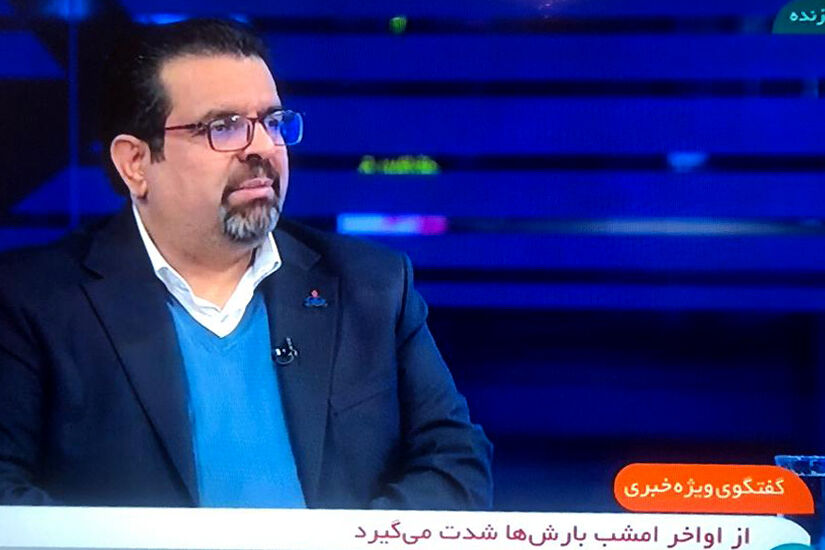In a televised interview on Friday, Saeid Tavakoli noted that Iran holds the world's second-largest natural gas reserves but cautioned against complacency.
He stressed the need for significant investment to boost production from identified fields.
Tavakoli stated that while the current administration has set numerous production records in oil and gas, inefficient consumption patterns overshadow these achievements.
“Even with increased production, the continuation of inefficient consumption will lead to further imbalances,” he said, adding that wasteful practices harm the country’s future and development.
Gas dependency and global comparisons
The deputy minister highlighted that, unlike other countries, merely increasing production is insufficient to combat energy imbalances. In Iran, natural gas accounts for 72% of the energy mix, a dependency not even seen in Russia, which has the largest gas reserves globally.
Fuel distribution and seasonal challenges
Tavakoli explained that 85% of fuel used in power plants is natural gas, with the remainder relying on liquid fuels such as diesel and heavy oil.
Globally, nuclear and renewable energy play a far larger role.
Annually, 34% of natural gas is allocated to power plants, another 34% to industries, 25% to households, 3% to transportation, and 4% to other uses.
However, during the winter, household and small-scale industrial consumption disrupts this balance, forcing power plants to rely on liquid fuel substitutes.
He reported that during peak winter demand, nearly 855 million cubic meters of gas are delivered daily to the national grid, with up to 700 million cubic meters (82%) consumed by households, commercial users, and small industries.
Each 1°C drop in temperature increases consumption by approximately 25 million cubic meters, equivalent to the output of one South Pars gas phase.
Solutions to address shortages
Tavakoli highlighted that solving energy imbalances requires both optimizing consumption and investing in production capacity.
The latter, he noted, should involve long-term private sector participation. On the consumption side, the government has taken significant steps, with the president personally prioritizing energy efficiency initiatives.
“Addressing energy imbalances is a collective responsibility,” Tavakoli said, calling for all sectors to play their part. Public cooperation, especially through reduced energy waste, is vital, particularly in the current conditions.
Actions to optimize consumption
Tavakoli cited several measures to reduce gas waste, including stricter energy efficiency standards for buildings.
Proper insulation and double-glazed windows could reduce consumption in this sector by 25–30%.
In response to misuse, gas supplies to nearly 73,000 vacation homes were recently cut off. Authorities are also cracking down on unauthorized outdoor heating devices, encouraging the public to report such cases via hotline 194.
Penalties for excessive consumption
The government has also introduced steep tariff increases for the most wasteful users, particularly those in the highest consumption brackets.
Despite challenges, Tavakoli assured that the Ministry of Oil and the energy sector are committed to ensuring reliable gas supplies. However, he urged consumers to adopt measures like setting moderate temperatures and wearing warm clothing to ease demand during peak seasons.
Achievements in boosting production
Tavakoli noted that since the start of the administration, gas supply reliability has improved by 1.37% within the first 100 days.
This demonstrates the government’s commitment to increasing production while tackling inefficiencies.


Your Comment